1994 - A New Beginning: From Honors Graduate to International Stage
- blog2025ger
- Apr 24, 2025
- 2 min read
Updated: Apr 26, 2025
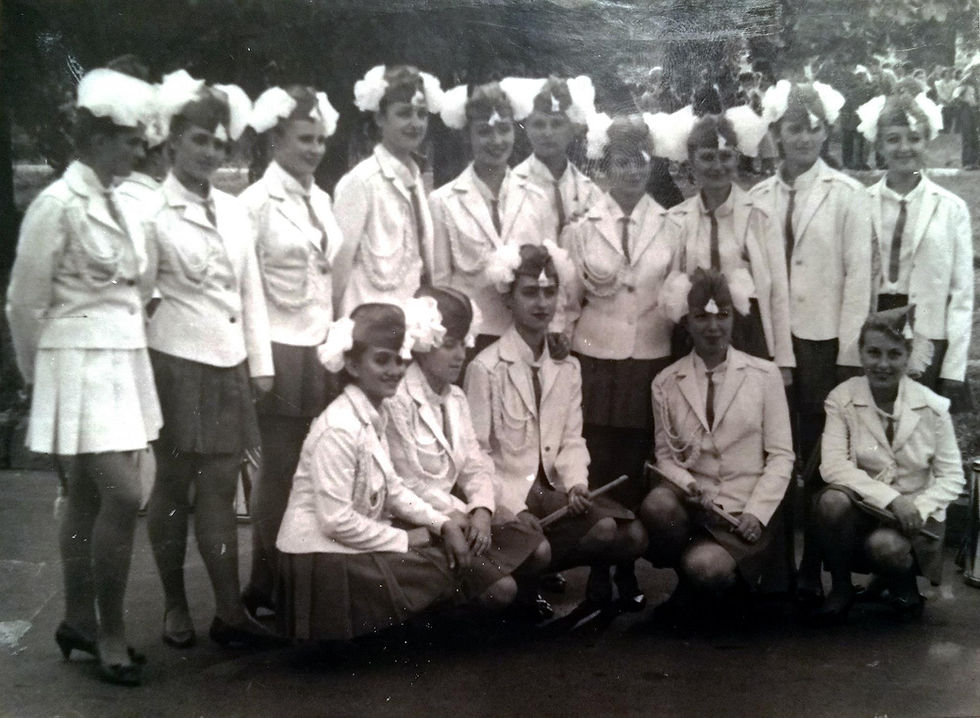
After graduating with excellence from the Nizhyn College of Culture (Ніжинське училище культури) 1994 —earning the prestigious red diploma (червоний диплом)—Natalya Podupeiko (Наталя Подупейко) returned to her hometown, Mohyliv-Podilskiy (Могилів-Подільський), with dreams as vibrant as her choreography.
She was immediately offered a prestigious position as a leading regional choreographer (провідний хореограф області)—a role that allowed her to bring her creative vision to life. Natalya formed several dance groups: a children’s ballet, a Ukrainian folkloric ensemble (ансамбль народного танцю), and a dance group for adults. Her work quickly became a cornerstone of cultural life in the town, with her dancers performing at local events, city celebrations, and private parties.
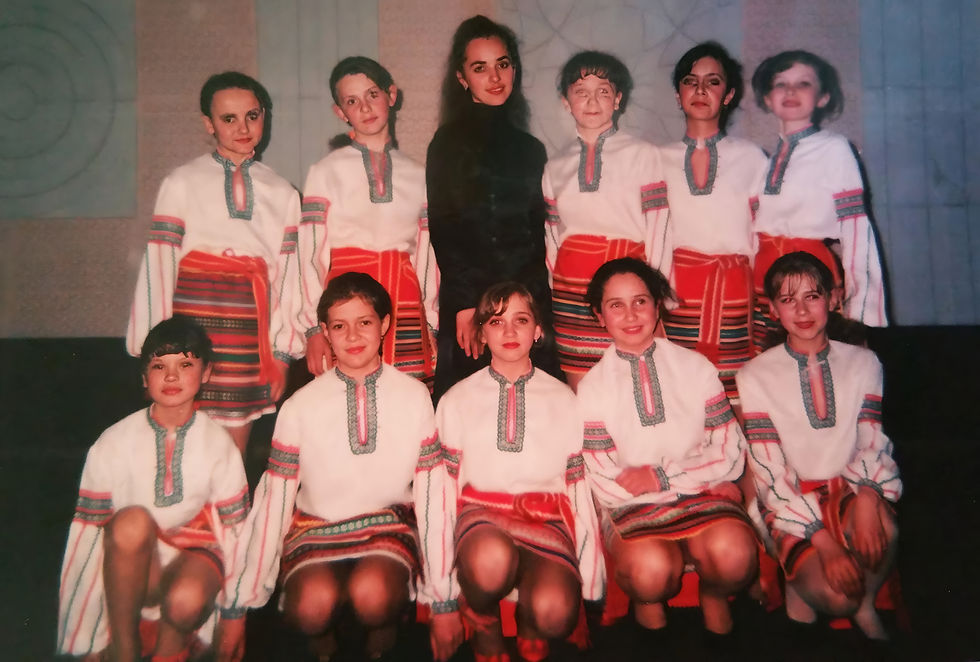
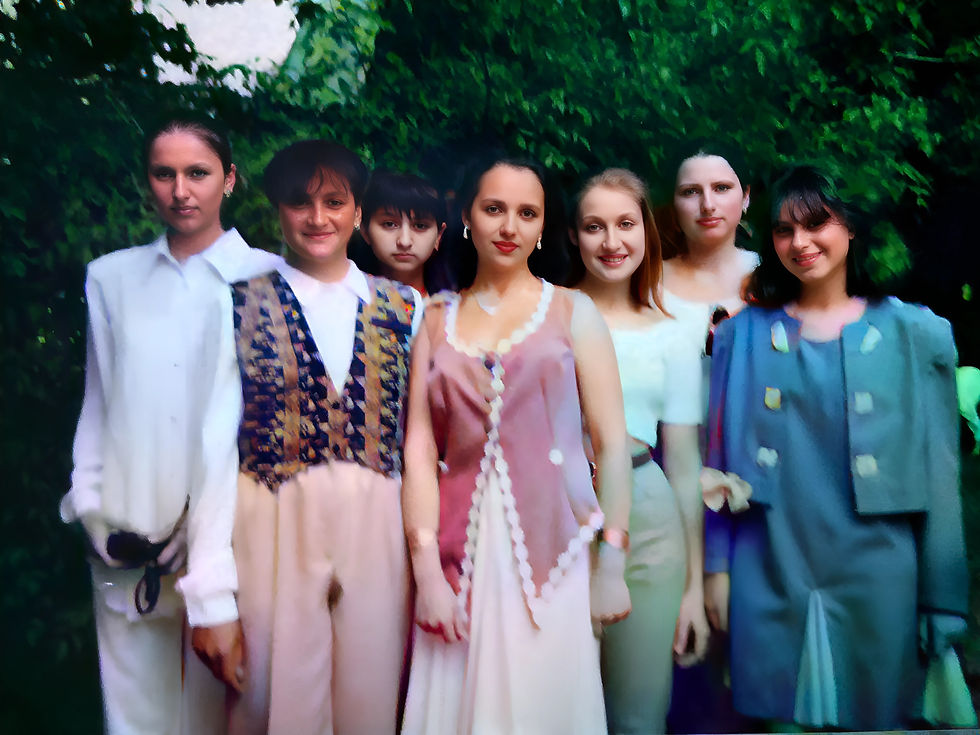
But behind the scenes, life in newly independent Ukraine was far from easy. The country was facing a deep economic crisis. Salaries went unpaid, job offers disappeared, and survival was a daily challenge. Natalya and her parents endured these hard times together, with strength and hope as their only constants.
Still, Natalya dreamed of something more. She longed to take her passion for dance beyond the borders of her struggling homeland.
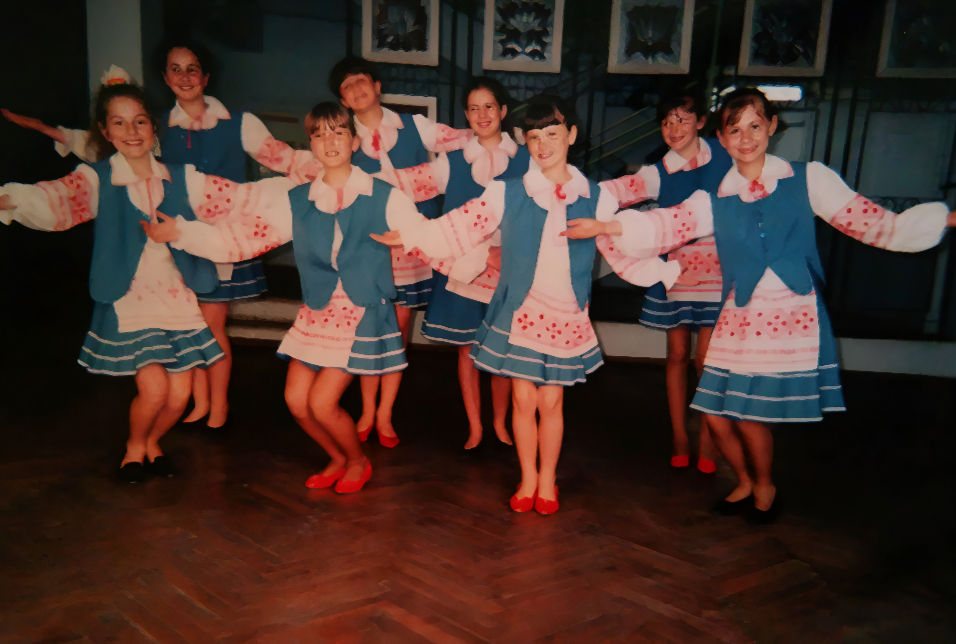
In 1996, she got her first opportunity abroad—a short contract in Armenia (Вірменія). She traveled as part of a performance trio with her talented colleagues Yulia (Юлія) and Oksana (Оксана). For one unforgettable month, they performed daily shows at Hotel Dwin (готель «Двін») in the heart of Yerevan (Єреван). The warm audiences, the rich culture, and the joy of performing lit a spark that would never fade.
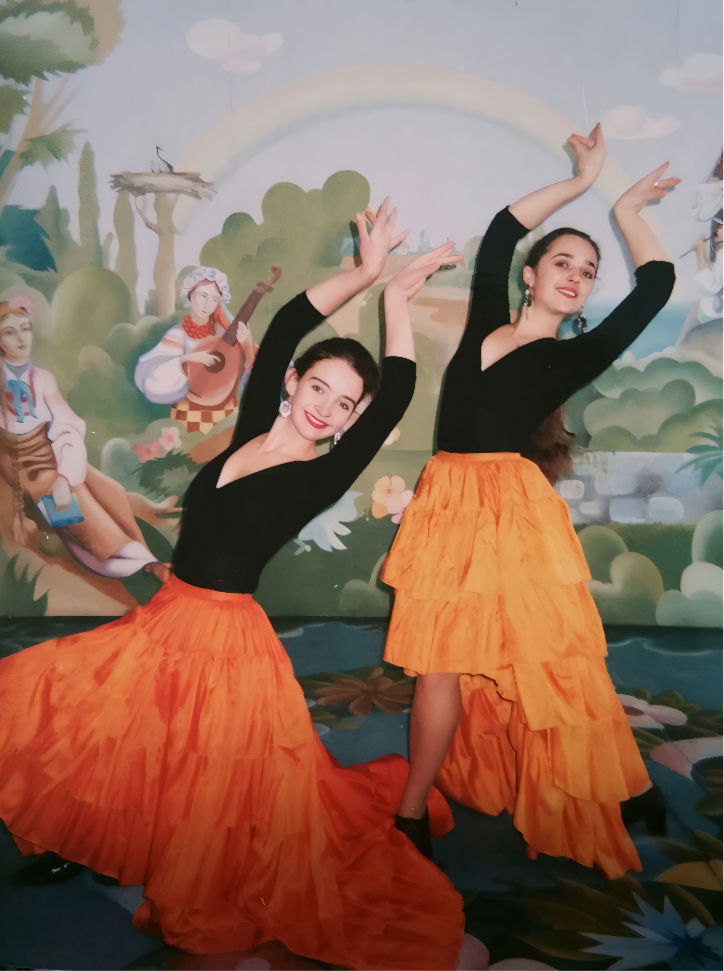
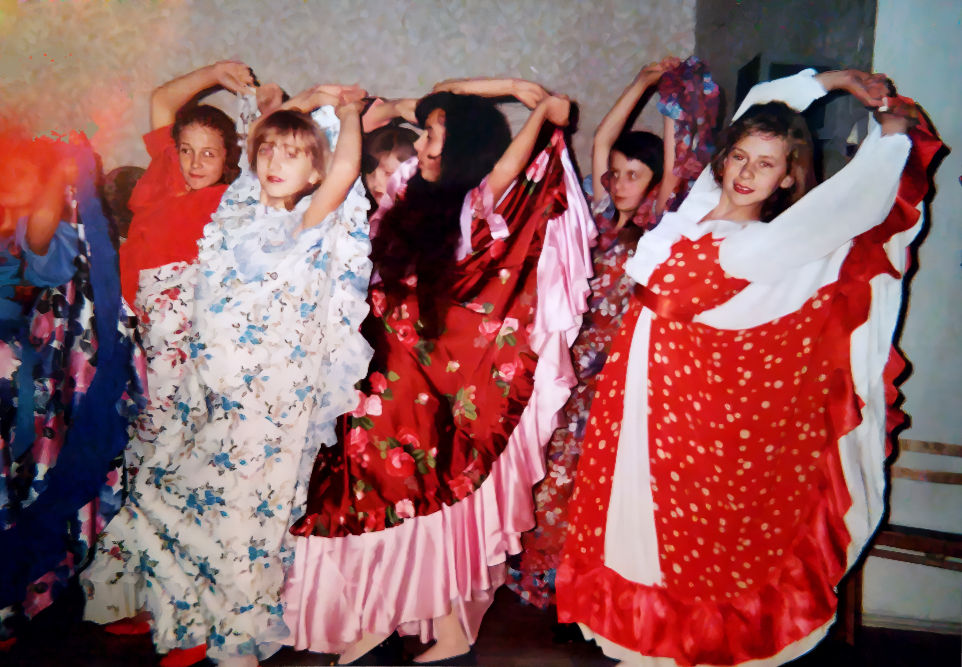
Soon after, Natalya was invited to work in Turkey (Туреччина). She began commuting daily to Vinnytsia (Вінниця) for rehearsals with a new dance troupe. It was exhausting—but thrilling. Eventually, she received a working visa and embarked on a six-month contract in Ankara (Анкара).
Living and working in Turkey was a turning point. Everything was new—the culture, the language, the rhythm of life. But it was also exciting and empowering. During this time, her beloved mother, Anastasiya (Анастасія), came to visit for two weeks. The visit meant the world to Natalya—her mother was more than family; she was her best friend and greatest support.

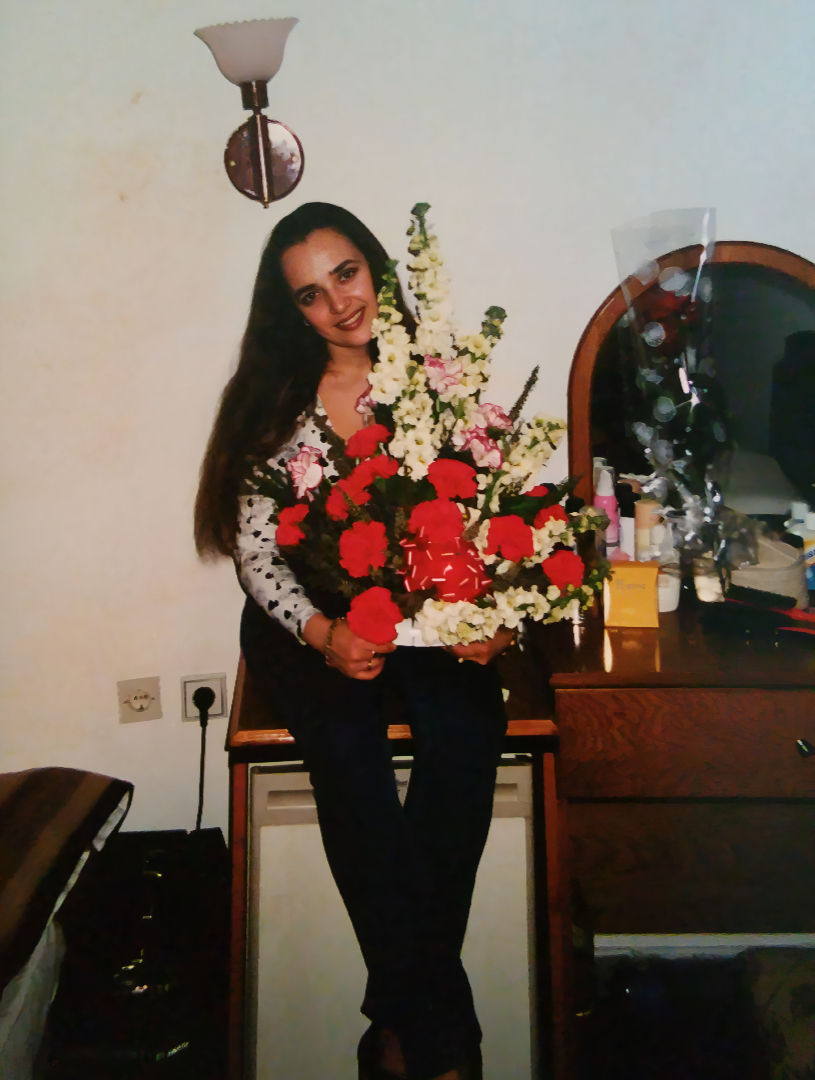
These were also the years of limited communication. There was no internet, and many towns—like the one where the Kurbanov family (родина Курбанових) lived in Russia—didn’t even have a phone line. Though they had once shared special times, there was no way to reconnect then. But Natalya never forgot. She carried the memories close to her heart, and quietly hoped that someday, paths would cross again—maybe even on a shared stage.
These early years of Natalya’s journey were filled with hardship, perseverance, and bold steps into the unknown. But they also lit the fire of what would become a global dance legacy—Nalini Dance.

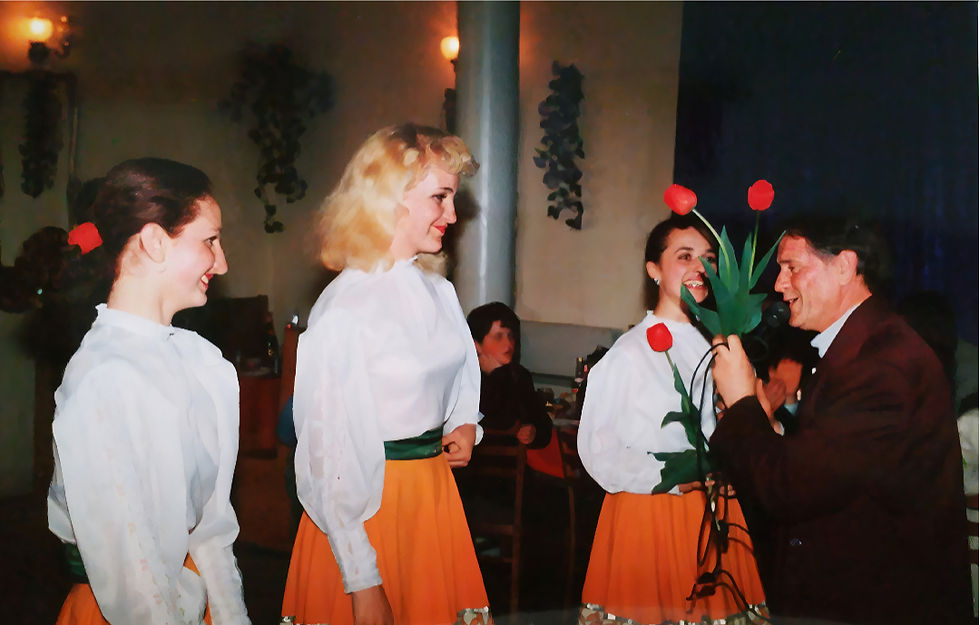







Comments